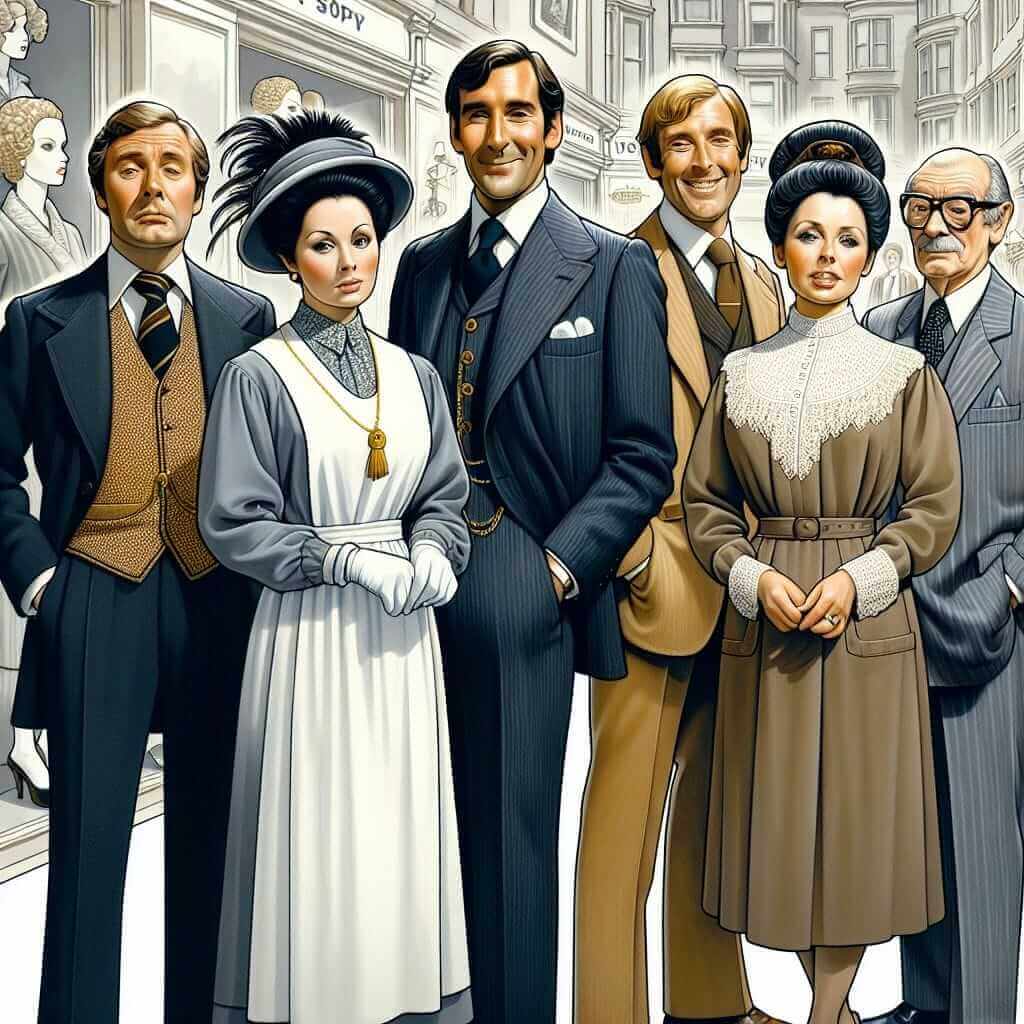As an IELTS instructor with over two decades of experience, I often encounter students who feel intimidated by the IELTS Reading section. The truth is, success in IELTS Reading isn’t about speed reading or memorizing a dictionary. It’s about understanding how to navigate different text types, locate information effectively, and interpret the writer’s meaning. One common concern I hear from students is how to handle passages that seem disconnected from their everyday lives. Let’s address this by delving into a specific example that often crops up: “Are You Being Served?” and other real-world passages.
Nội dung bài viết
Understanding the Challenge of “Real-World” Passages
The IELTS Reading test aims to assess your ability to understand academic and general English texts. While some passages might cover familiar topics, others can feel more specific or even rooted in British culture, like the text “Are You Being Served?”

This passage often throws students off. They worry about needing background knowledge of British sitcoms or retail jargon. However, remember this: you are not being tested on your prior knowledge. The passage provides all the information you need to answer the questions.
Strategies for Tackling “Real-World” Texts
Here’s how to approach passages like “Are You Being Served?” confidently:
1. Focus on Key Information
- Skim for gist: Quickly read the title, headings, and first sentences of each paragraph to get a general understanding of the text’s topic and structure.
- Identify keywords: Pay attention to names, dates, places, and any words that are repeated or stand out. These are clues to the passage’s main ideas.
- Don’t get bogged down by unfamiliar words: Unless a word is crucial to understanding a question, don’t spend time looking it up. You can often infer its meaning from the context.
2. Use the Questions to Guide Your Reading
- Read the questions before the passage (if time permits): This helps you anticipate what information to look for.
- Use keywords from the questions: Locate these keywords in the passage to find the relevant sections.
- Pay attention to question types: Different question types (e.g., multiple choice, matching headings, sentence completion) require different reading strategies.
3. Practice Active Reading
- Underline or highlight key information: This makes it easier to find later when answering questions.
- Summarize paragraphs in your own words: This helps you check your understanding and remember the key points.
- Make connections: Look for cause-and-effect relationships, comparisons, and examples to deepen your understanding.
Example from “Are You Being Served?”
Let’s imagine a multiple-choice question from an IELTS Reading passage based on “Are You Being Served?”:
According to the passage, what is the main reason for the decline in popularity of traditional department stores like the one in “Are You Being Served?”
(A) The rise of online shopping
(B) Changes in customer service expectations
(C) The increasing popularity of smaller, specialized stores
Approach: By skimming the passage, you might find a paragraph discussing the changing retail landscape. It might mention competition from online retailers or the preference for niche shopping experiences. This would lead you to answer (A) or (C). However, without directly stating the decline is due to customer service changes, (B) is unlikely.
Tips for Success:
- Practice regularly: The more you read, the more comfortable you’ll become with different text types and question formats.
- Familiarize yourself with British English: While not essential, understanding common British English vocabulary and expressions can be helpful.
- Use official IELTS practice materials: These will give you the most accurate representation of the test format and difficulty level.
Remember, the IELTS Reading section is not a test of your knowledge of specific topics, but of your ability to read effectively and understand information presented in English. With the right strategies and consistent practice, you can confidently approach any passage, even one about a classic British sitcom!